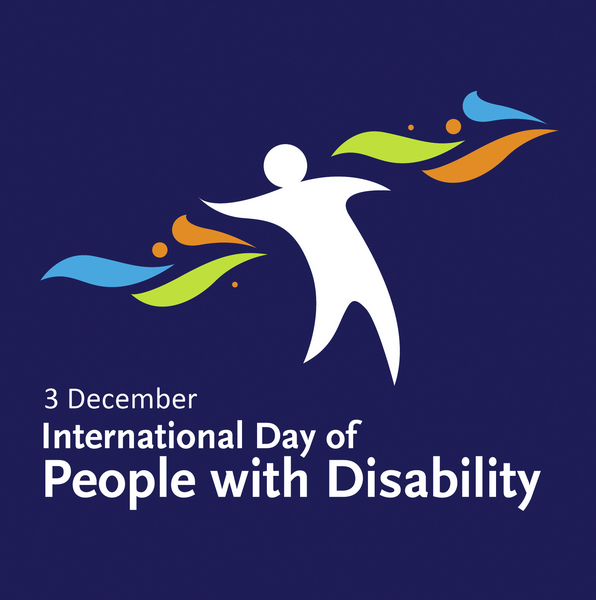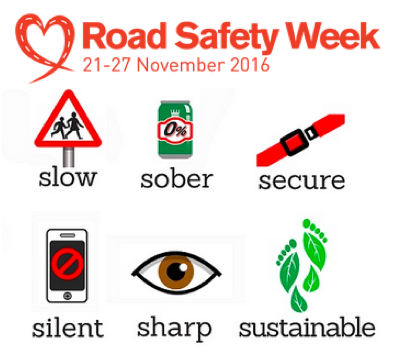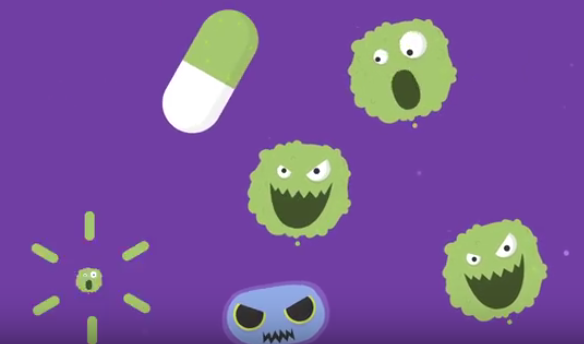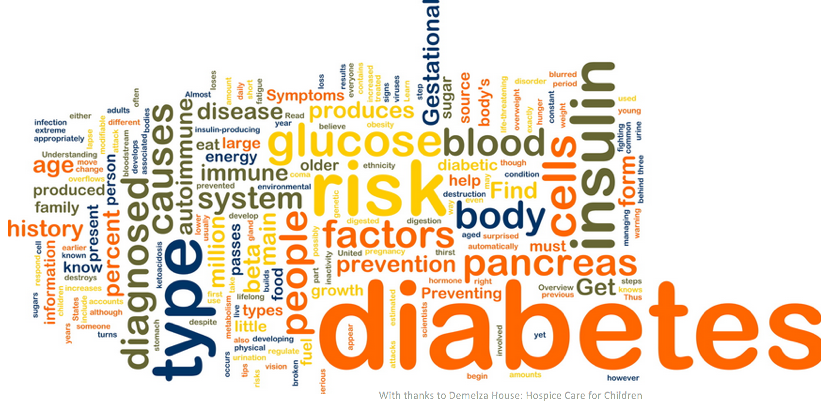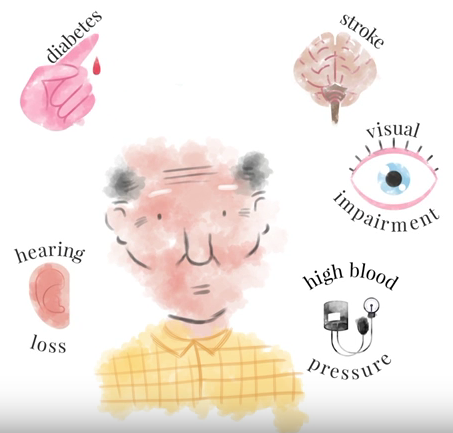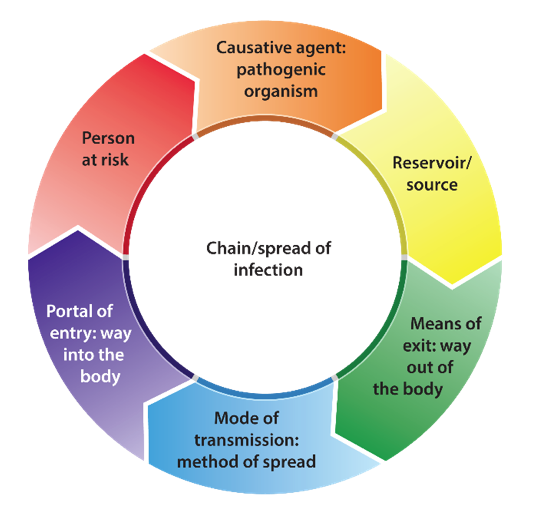The estimated one billion people living with disabilities worldwide face many
barriers to inclusion in many key aspects of society. As a result, people with disabilities do not enjoy access to society on an equal basis with others, which includes areas of transportation, employment, and education. The aim of the Day is to create a more inclusive and equitable world for persons with disabilities.
By promoting empowerment, real opportunities are created. Empowerment involves investing in people - in jobs, health, nutrition, education, and social protection. The theme for 2016's Day is: Achieving 17 Goals for the Future We Want, which provides a frame for considering how people with disability are excluded from society by promoting the removal of all types of barriers; including those relating to the physical environment, information and communications technology (ICT), or attitudinal barriers.
“Yes I can, if ……..” Will Pike
Read More
